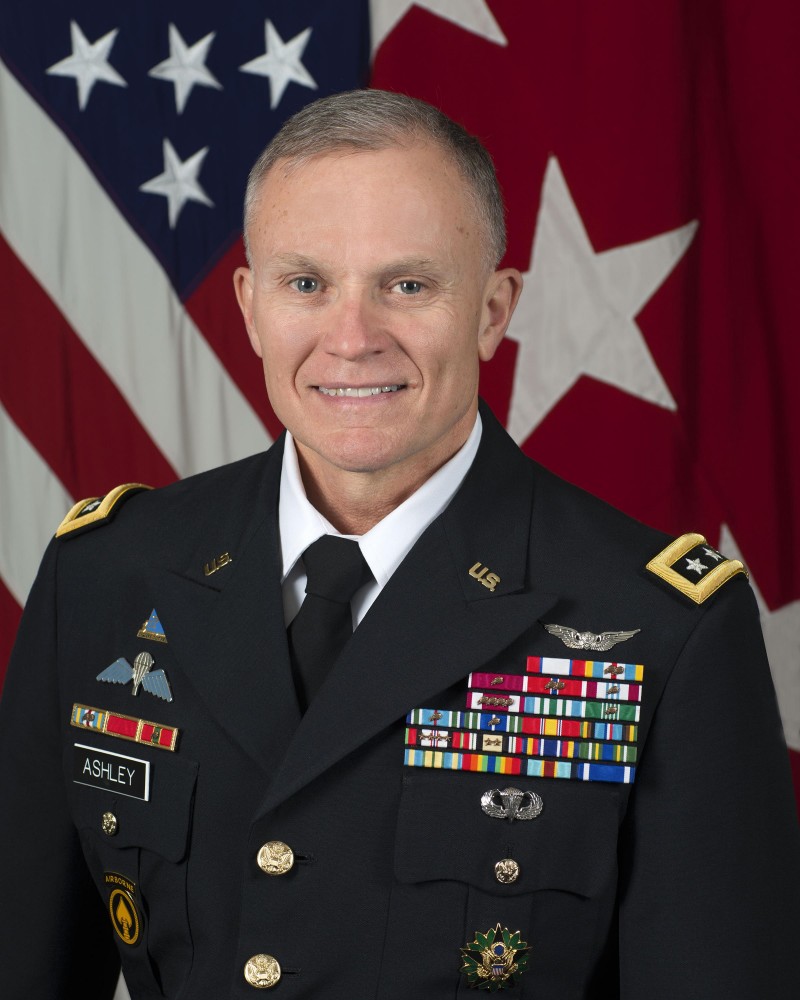
In testimony before a Senate panel on March 6, Defence Intelligence Agency (DIA) Director Robert P. Ashley, Jr. discussed North Korea’s nuclear weapons program, China’s military modernization program and Russia’s goal to exert a “sphere of influence” over the United States.
Ashley delivered his remarks during the U.S. Senate Armed Services Committee’s Worldwide Threat Assessment hearing, noting that the United States faces “an increasingly complex array of challenges to its national security.”
“The military environment has shifted from the existence of the United States as the single power able to dominate challengers and to deter aggression through conventional means to one in which foreign militaries are emerging with near-peer and, in some areas, peer capabilities,” Ashley said.
North Korean leader Kim Jong Un has pursued a “rapid, ambitious missile development and flight testing program” that has brought his country “closer than ever before its goals” to develop ballistic missiles that can deliver nuclear weapons to South Korea, Japan, and the United States.
“North Korea conducted its sixth nuclear test in September, a test which generated a much larger seismic signature than previous events,” Ashley testified.
Although North Korea’s missile testing has deepened the country’s global isolation, Ashley testified that Kim has shown no interest in changing course and additional missile launches are a near certainty.
Ashley also outlined China’s military reforms and modernization efforts. The current phase aims to enhance China’s ability to fight “short-duration, high-intensity regional conflicts at greater distances from the Chinese mainland” and to strengthen the Chinese Communist Party’s military control.
In terms of Russia, Ashley said the Kremlin is working to gain influence over the United States, to prevent eastward expansion of the North Atlantic Treaty Organization (NATO) and to “ensure that no major international issues are resolved without Russia’s input or at its expense.”
“Russia’s aggressive actions abroad over the last several years — its military interventions in Syria and Ukraine — have boosted Russia’s confidence in its military and increased Moscow’s geopolitical profile,” Ashley testified.
Ashley also testified that Iran remains a primary nation-state challenger of U.S. interests in the Middle East and Southwest Asia, that terrorist organizations and cyber threats pose security risks to the United States and that U.S. competitors are working to develop more advanced technologies.
“Developments in hypersonics will revolutionize warfare by providing the ability to strike targets more quickly, at greater distances with greater firepower,” he said, noting that men and women of DIA would continue to lead the intelligence community and provide strategic, operational and tactical defense intelligence going forward.
“They deliver decision advantage to warfighters, defense planners, the acquisition community and policymakers,” he said. “I am proud to serve with them and present their analysis to you.”




